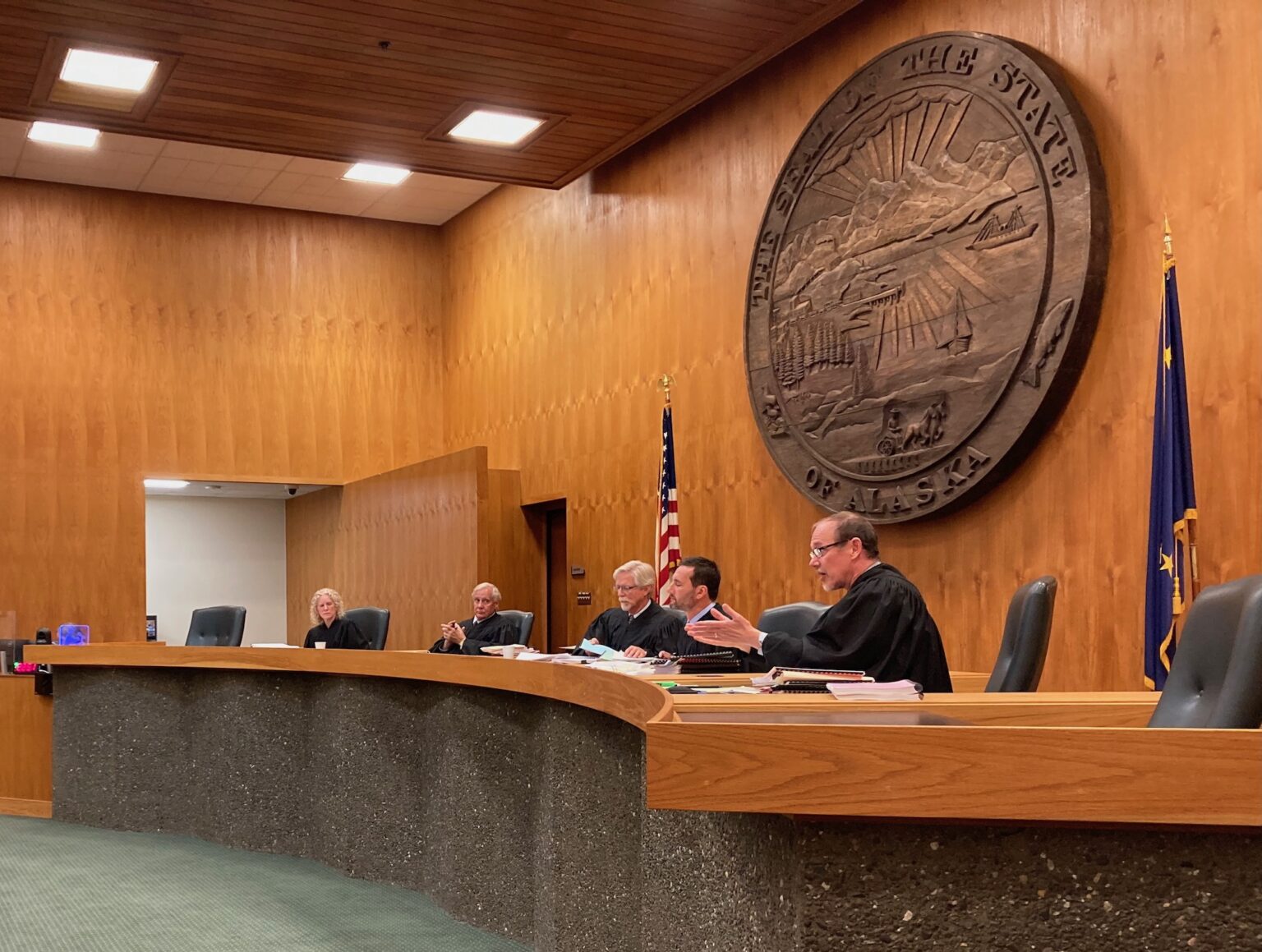Issuing a precedential ruling, the Pennsylvania Supreme Court shot down a dentist's bid to get insurance coverage for the time period his practice was restricted due to COVID-19 shutdowns.
The high court concluded the commercial property insurance policy's coverage for direct physical loss of property was limited to physical alteration or damage to the property. The ruling reversed a Superior Court holding that the carrier failed to demonstrate that the policy clearly and unambiguously prevented coverage, in a Sept. 26 opinion, authored by Justice P. Kevin Brobson.
The ruling marks the first time the high court has addressed a claim for business interruption insurance related to the COVID-19 pandemic.
In Ungarean v. CNA and Valley Forge Insurance, the high court unanimously concluded that the language of the insurance policy wasn't ambiguous, and that for coverage to apply under the policy, it required "a physical alteration to the subject property as a result of a direct physical loss or damage necessitating repairs, rebuilding, or entirely replacing the property."
Plaintiff Timothy A. Ungarean argued he was entitled to coverage under his commercial property insurance policy with CNA and Valley Forge Insurance Co., over drastic financial losses sustained due to Pennsylvania's non-essential business shutdown during the COVID-19 pandemic.
CNA denied Ungarean coverage on the basis that the covered properties didn't suffer any physical damage or harm. --->READ MORE HERE
 |
| Photo by Andrew Kitchenman/Alaska Beacon |
In a first-of-its-kind ruling, the Alaska Supreme Court said Friday that the COVID-19 pandemic does not qualify as “physical loss” or “damage” under common commercial insurance policies.
The decision likely means that insurance companies will not have to pay most claims related to business losses caused by COVID-19.
The ruling came in response to an unusual “certified question” request from Alaska’s U.S. District Court. All 49 other state supreme courts have considered similar questions about COVID-19 liability, but until Friday, Alaska’s had not.
“Even with our insured-friendly approach to interpreting insurance contracts, we conclude that neither the presence of the COVID-19 virus at an insured property nor operating restrictions imposed on an insured property by COVID-19 pandemic-related governmental orders is ‘direct physical loss of or damage to’ property. ‘Direct physical loss of or damage to’ property requires a tangible or material alteration of property,” wrote Justice Susan Carney on behalf of the court.
The court’s decision, rendered unanimously, has major financial implications: If the court had decided differently, the ruling could have allowed businesses to collect millions of dollars from their insurance policies to cover the costs of COVID-mandated closures and health restrictions.
In an amicus brief, the American Property Casualty Insurance Association said insurance premiums would rise as a result if insurers were required to pay out more.
The Supreme Court was asked to rule after Baxter Senior Living filed suit two years ago against its insurance company, Zurich American.
Baxter operates a senior home in Anchorage and spent money to enact anti-COVID procedures that also limited its operations. Local anti-COVID rules also restricted its operations. The company filed a claim in 2020 with Zurich American, but the company denied the claim. --->READ MORE HEREFollow links below to relevant/related stories and resources:
Vague symptoms, overlap with other illnesses complicate long-COVID diagnosis
COVID-19 Affects Memory and Cognition Long After Infection, Study Warns
USA TODAY: Coronavirus Updates
WSJ: Coronavirus Live Updates
YAHOO NEWS: Coronavirus Live Updates
NEW YORK POST: Coronavirus The Latest
If you like what you see, please "Like" and/or Follow us on FACEBOOK here, GETTR here, and TWITTER here.


No comments:
Post a Comment